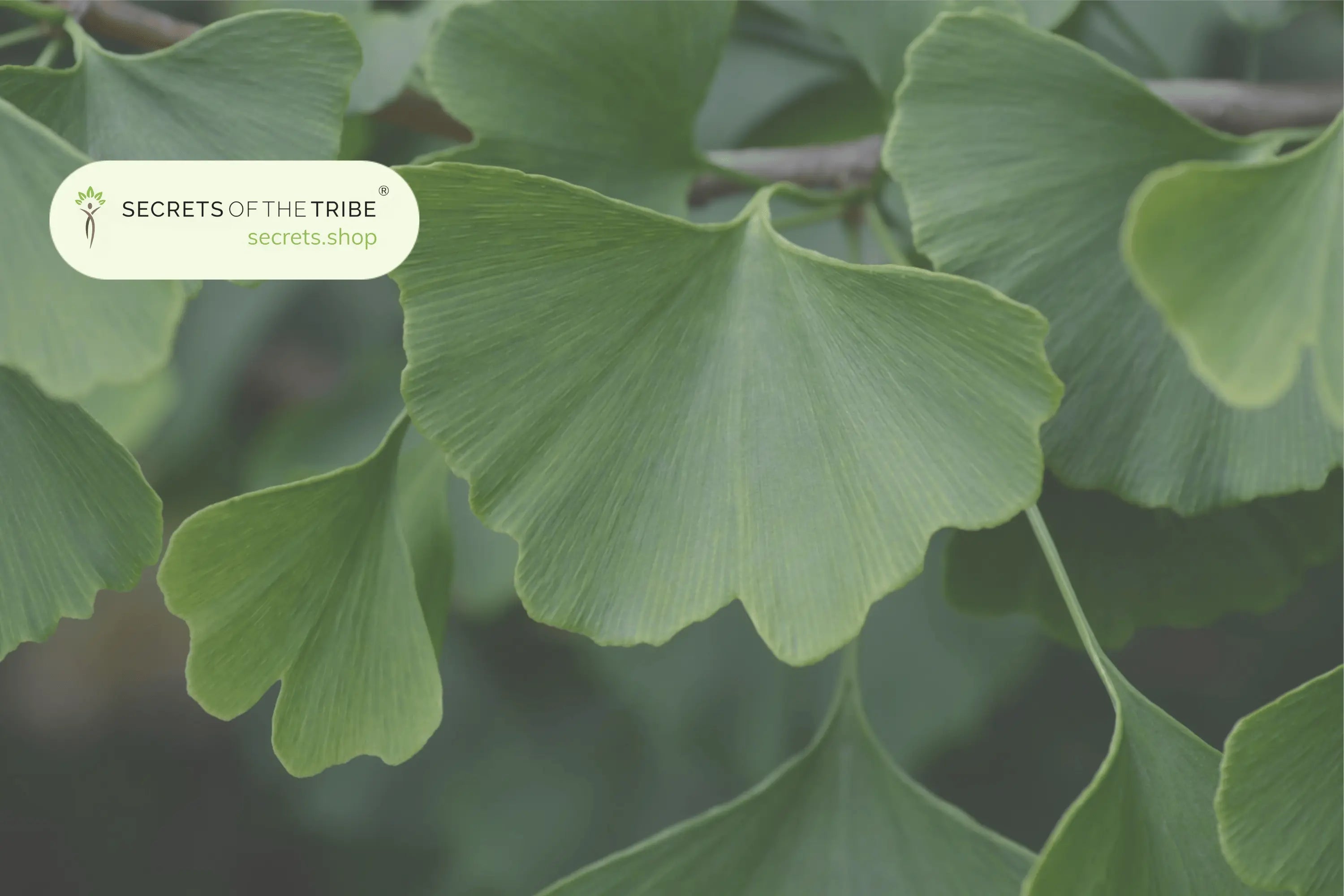The herbal medicine system in China differs in many significant ways from Western herbal medicine. The most obvious difference is that Traditional Chinese Medicine (TCM) focuses on herbal combinations explicitly made for individual needs instead of using simple herbs. For this reason, TCM is potentially a holistic approach.
Let’s discuss five of the most popular herbs used in China.
Ginseng, the panacea of Chinese medicine

Among the Chinese medicinal herbs, the most famous, without a doubt, is ginseng (Panax ginseng). This Chinese herb is considered the natural remedy for all day-to-day ills, as shown by the etymology of its botanical genus. Not surprisingly, the term Panax alludes to the panacea, a word associated with the Greek goddess of healing and currently termed a universal cure-all remedy. Ginseng is considered a panacea because its roots contain active principles with beneficial health properties. Among the best known are the toning, fortifying, and immune-stimulating properties.
Why take ginseng?
In TCM, ginseng root is used to combat fatigue, raise the tone, stimulate the body's defenses, and increase physical and intellectual performance. It is also available in the form of a tincture.
Ginkgo, Chinese anti-aging secret

Ginkgo (Ginkgo biloba) is a symbol of longevity in Asia. And reasons are not lacking, as this tree has survived all kinds of catastrophes, including several atomic bombings. Today, it is considered one of the oldest tree species in the world. It is also one of the most studied Chinese plants for its incredible resistance.
According to the researchers, the longevity of ginkgo is mainly due to the composition of its leaves. They contain more than sixty natural antioxidants, that is, compounds capable of counteracting the damage caused by oxidative stress.
Why take ginkgo?
Due to its remarkable antioxidant power, ginkgo is of great interest in anti-aging medicine and the prevention of a wide range of diseases. It can be consumed in the form of tincture and capsules.
Schisandra Chinensis, the Chinese anti-stress plant

Behind the botanical name, Schisandra Chinensis hides a kind of liana from which small red fruits sprout. These, sometimes called five-flavored seeds, are used in Chinese medicine for their adaptogenic properties. In other words, they can help the body adapt to cope with different stressors. Beyond these properties, the five-flavored seeds have antioxidant and anti-inflammatory properties that contribute to the body's protection.
Why take Schisandra chinensis?
During stressful situations, the berries of Schisandra Chinensis help to increase coordination, endurance, concentration, and cognitive performance.
Kudzu, a remedy against addictions

Kudzu (Pueraria Montana) is a Chinese plant that received significant attention in recent years. Kudzu extract, used for many years in China, is well valued today by Westerners as a natural hangover remedy. Itis also increasingly recommended for people who want to stop drinking. Several studies have shown that kudzu would also allow you to quit smoking naturally.
Why take kudzu?
Today, this Chinese herb is taken as a natural remedy against addictions due to the isoflavone content it contains. These natural substances have a beneficial antioxidant power that helps protect the body, especially liver cells.
Dong Quai

Dong Quai (Angelica Sinensis) is a common garden herb in China. The carrot-like roots of this aromatic plant are harvested in the fall and are kept for almost three years in storage in airtight containers before processing. Besides being used as a dried herb in China, it is also available in tincture and capsuleforms and can be purchased from any reliable herbal store.
Why take Dong Quai?
Dong Quai is traditionally considered to be one of the most important herbs for strengthening Xue, a Chinese term often translated as blood. It is often recommended to alleviate menstrual cramps, hot flashes, and other menopausal symptoms. Despite its numerous benefits, there is still a need for more studies to certify these effects.




Share:
How to Recover from Stress? Herbal Advice
Herbs from the USA